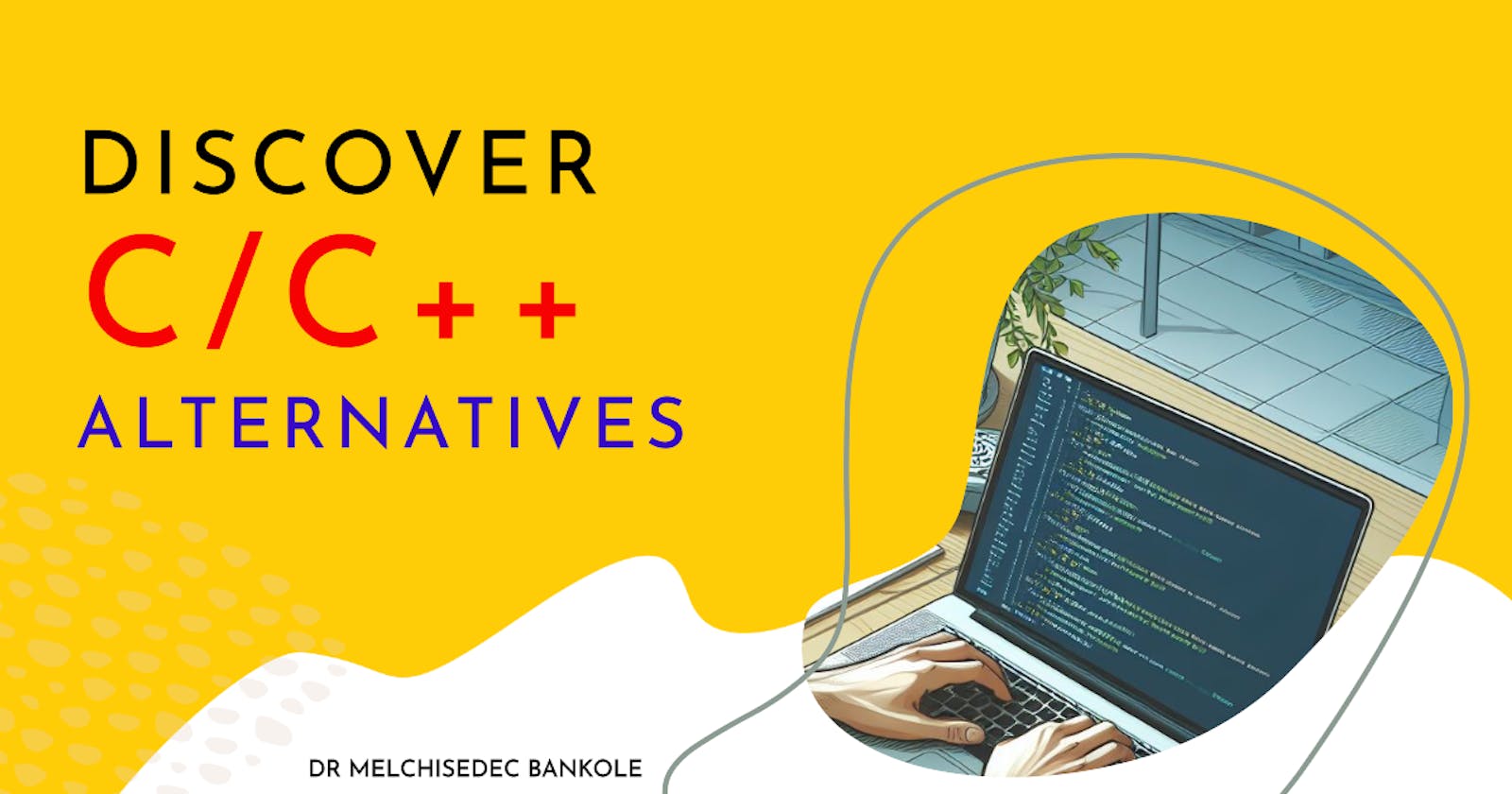C/C++ have long reigned supreme in system programming, offering unparalleled performance and control. However, their manual memory management can introduce vulnerabilities, raising security concerns. This has led developers to explore alternatives that prioritize safety without sacrificing efficiency.
This article is on the programming languages that provide a robust foundation for secure and reliable software development. I'll look at general-purpose languages, statically typed options with built-in memory safety, and explore domain-specific languages tailored for specific platforms.
Whether you're a seasoned C/C++ programmer seeking a safer path or a newcomer venturing into programming, this will equip you with the knowledge to navigate through secure and efficient development.
Yes! there are situations where alternatives to C/C++ might be preferable, especially when memory safety is a top priority.
Here are some options to consider:
General-Purpose Languages:
Java: Offers automatic memory management and a strong type system, making it less prone to memory errors. Popular for web development, enterprise applications, and Android development.
Python: Known for its readability and ease of use. Widely used in data science, machine learning, and web development.
C#: Similar to Java in terms of safety and features, but integrates well with the .NET framework, making it suitable for Windows development.
Statically Typed Languages with Memory Safety:
Rust: Focuses on preventing memory errors at compile time. Gaining traction in systems programming due to its performance and safety guarantees. Additionally, Rust's ownership system ensures each value has a single owner, eliminating memory leaks. Borrowing allows temporary data access, improving efficiency and preventing dangling references. The strong type system enforces strict data type rules, catching errors early. Moreover, Rust's performance rivals C and C++, making it a compelling choice for demanding tasks.
Why Choose Rust?
Memory Safety: Ownership and borrowing prevent memory errors at compile time.
Efficiency: Borrowing eliminates unnecessary data copies.
Type Safety: Strict rules catch potential errors early.
Performance: Matches C and C++ in speed.
Rust's growing popularity has attracted many modern tech companies due to its focus on memory safety, performance, and concurrency.
Here are some examples:
Dropbox: Uses Rust for its core storage servers, taking advantage of its reliability and performance for handling massive amounts of data.
Discord: Leverages Rust for its backend services, ensuring stability and scalability for their millions of users.
Amazon Web Services (AWS): Employs Rust in various projects, including its Firecracker microVM technology and some serverless services.
Mozilla: Utilizes Rust in its Servo web engine experiment, aiming for improved performance and security.
Microsoft: Integrates Rust into some components of Windows and Azure cloud services, benefiting from its memory safety and concurrency features.
Facebook: Recently announced the use of Rust in its Diem stablecoin project, valuing its reliability for financial applications.
This list is not exhaustive, but it demonstrates the versatility of Rust and its growing adoption by major tech companies. As the need for secure, performant, and efficient software increases, Rust is likely to see even wider usage in the future.
- Go: Developed by Google, Go emphasizes simplicity, concurrency, and garbage collection. Used for web services, cloud infrastructure, and tooling.
Domain-Specific Languages:
Swift: Designed for Apple platforms (iOS, macOS, etc.), offering memory safety and a modern syntax.
Kotlin: Primarily used for Android development, known for its conciseness and interoperability with Java.
Choosing the right alternative depends on several factors:
Project requirements: Consider performance, memory usage, and the target platform.
Developer expertise: If the team is familiar with C/C++, transitioning to a similar language might be easier.
Available libraries and frameworks: Some languages have richer ecosystems for specific tasks.
Noteworthy:
C/C++ will still be relevant in areas like embedded systems, high-performance computing, and low-level programming. But for projects where memory safety is critical, exploring alternatives can be beneficial.
